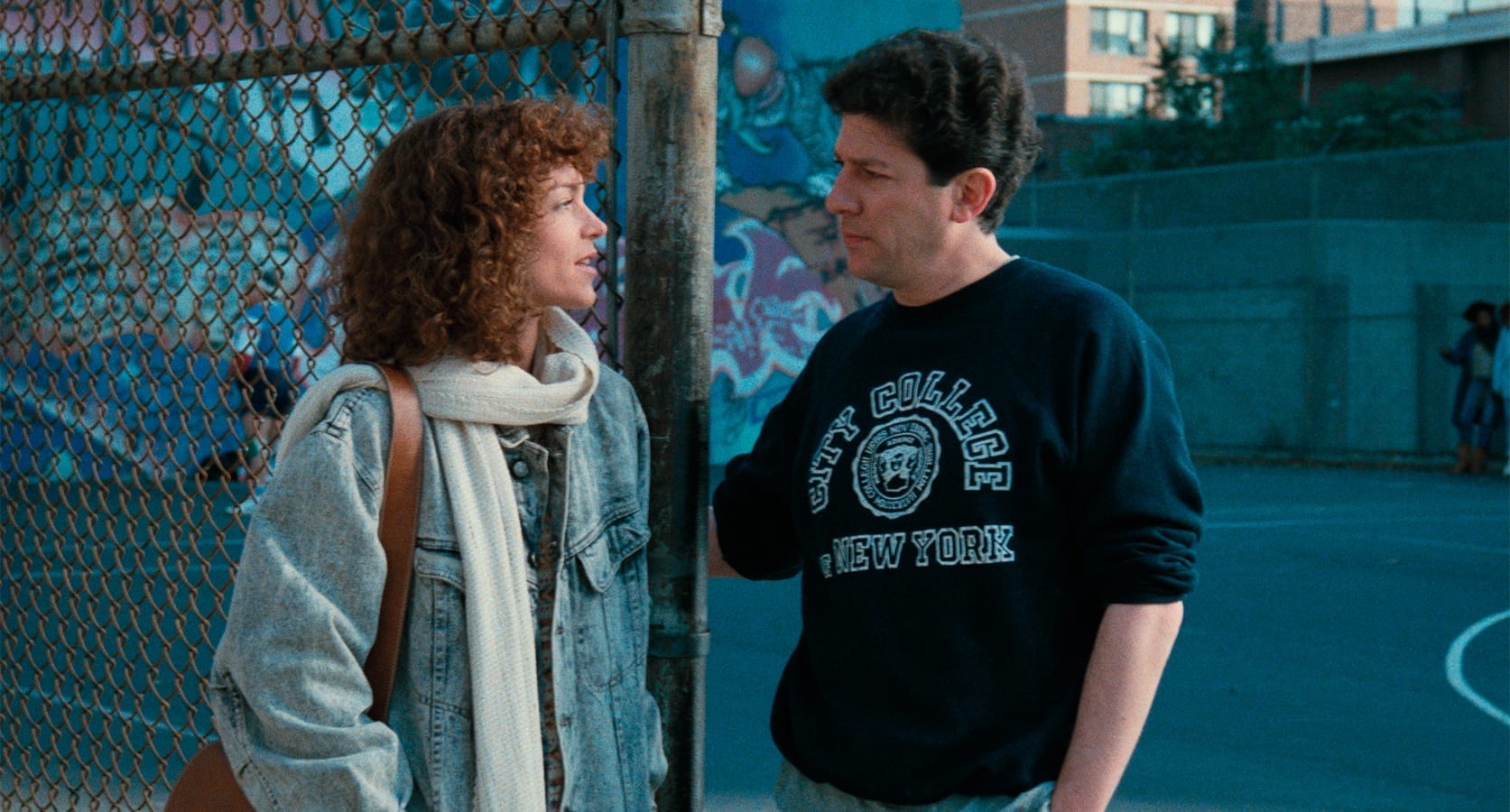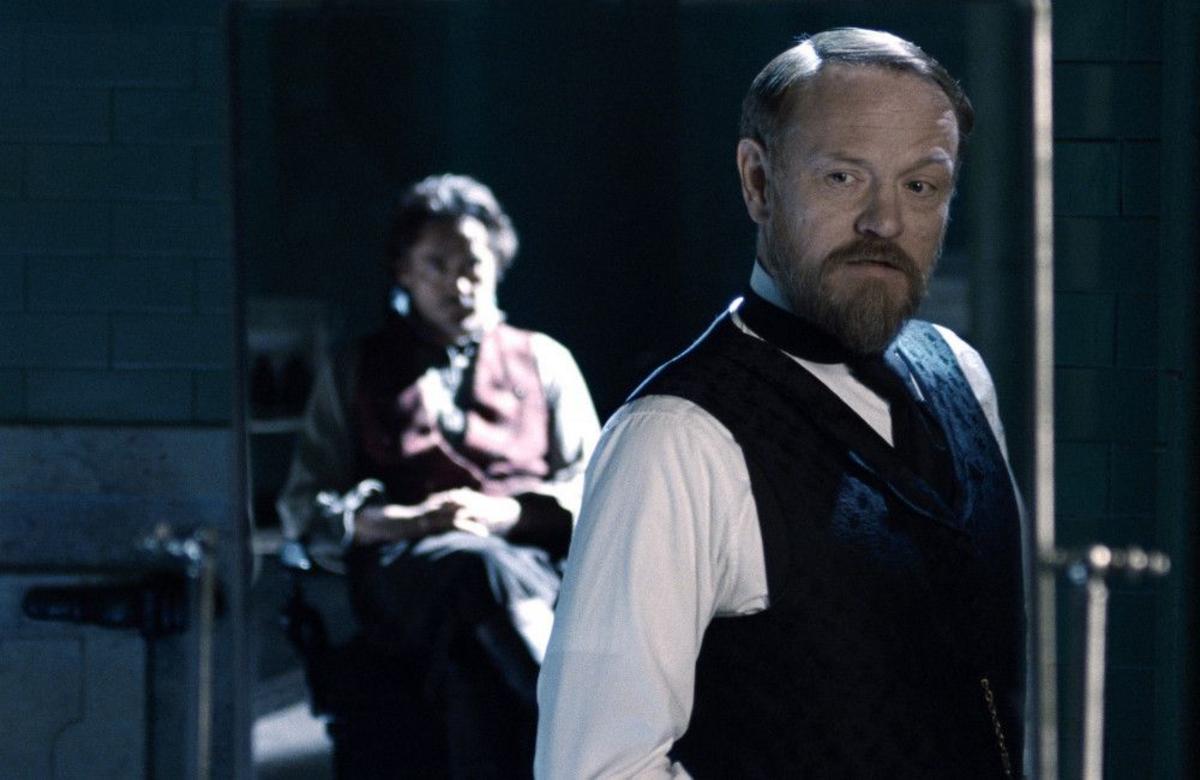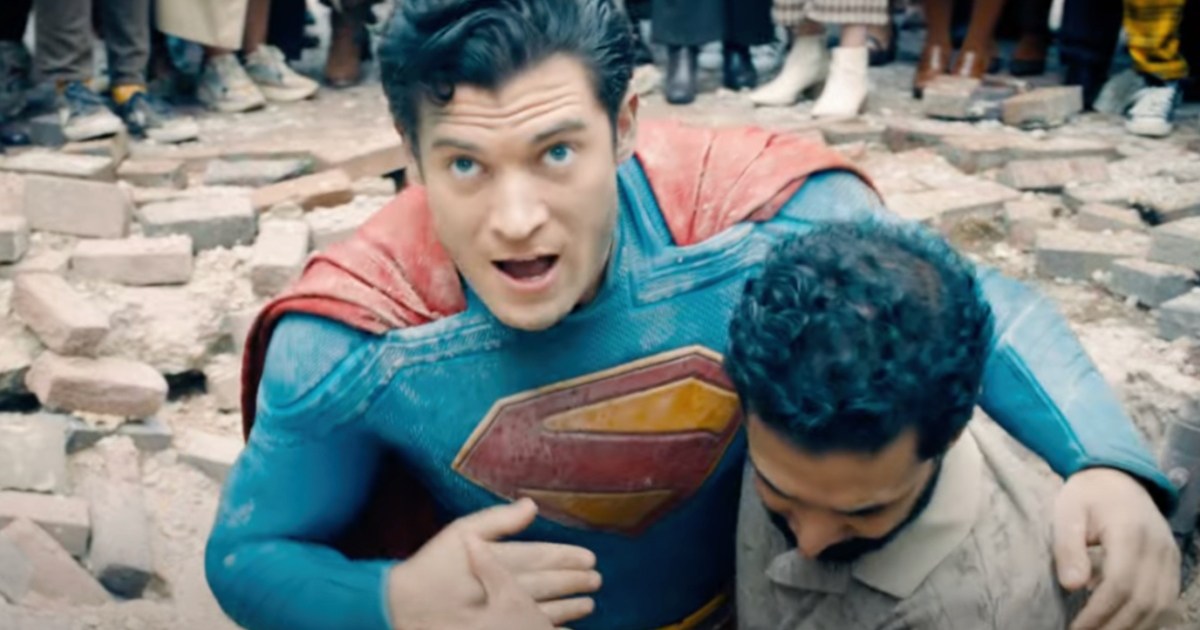Crossing Delancey is one of the most underrated romantic comedies of all time. It’s also one of the most underrated and endearing New York City movies of all time. The “city that never sleeps” often makes a great backdrop for falling in love, with all of its urban beauty and quirkiness amid a cacophony of noise and images, but Joan Micklin Silver’s 1988 feature Crossing Delancey – recently restored and released on 4K and Blu-Ray by the Criterion Collection – is neck and neck with Rob Reiner’s When Harry Met Sally for the title of best NYC rom-com ever made. (I would argue that Breakfast at Tiffany’s, an exceptional New York film, is pretty dark in its later stages to qualify for the “com” part of the equation.) Crossing Delancey ticks off all the expected boxes, but also creates full blooded characters to match the vibe of a city where a new adventure awaits around every corner.
Izzy Grossman (Amy Irving) is a manager at New Day Books, living the life of an unattached woman in the 80s. She has an ill defined relationship with a friend (John Bedford Lloyd) who only stops by Izzy’s place when his wife kicks him out of the house and he needs a place to crash. She also has a burgeoning crush on Anton Maes (prolific Dutch actor Jeroen Krabbé), a bestselling hot shot author from the neighbourhood with a supersized sense of self-importance. With her parents living down in Florida, Izzy’s closest family is her Bubbie Kantor (Yiddish theatre legend Reizl Bozyk, in her first and only film appearance). Bubbie wants Izzy to finally settle down with a nice Jewish man, and seeks the help of a matchmaker (Sylvia Miles) to find one for her granddaughter. Bubbie sets up an impromptu date at her place between Izzy and kindly mensch Sam Posner (Peter Riegert). He’s a nice enough guy, who recently lost his dad and has taken over the family’s pickle making and selling business. But as kind as Sam seems, he’s rather edgeless when compared to Anton. But the more Izzy gets to know Sam, the more she wonders if she could see herself with a pickle man.
When it first premiered as an off-Broadway play, screenwriter and playwright Susan Sandler’s material created a massive buzz among producers who saw the potential for a film adaptation. Sandler’s big screen adaptation of her own work is solidly constructed, richly detailed, and packed to bursting with sharp, yet realistic dialogue and entrancing characters. It’s also based around a rom-com concept that’s as old as the hills: being forced to choose between the flashy and confident guy with a bright future or the down-to-earth blue collar bloke who’s happy with his lot in life. Crossing Delancey is, on paper, the kind of thing that could be handed to any number of filmmakers that could carry it off with little to no effort. The bedrock of Crossing Delancey is that solid.
But it’s Silver (Chilly Scenes of Winter, Hester Street) who turns Crossing Delancey into more than just a straight-down-the-middle romance. Opening to the peppy sounds of The Roches absolute bop “Pounding,” Silver introduces viewers to the faces and places Izzy and the characters see every day; a place where an entire world can be visited across a few scant city blocks; the old school ideal of the American melting pot writ large, yet intimately contained. Izzy’s New York is the kind of place where one could take in a literary event, pop into a self-defence class for senior citizens, and cap off the day with a papaya juice and a hotdog without straying too far from your doorstep. But conversely, it can also be a cold and impersonal place if you’re feeling down; shambling to grab a cold dinner at a grocery store salad bar before heading home to eat it alone in your tiny apartment. All of these moments, bright and dark, are captured with an ambitious amount of style and local colour by veteran cinematographer Theo van de Sande (who supervised the restoration of this edition in the absence of the late Silver).

Silver’s depiction of New York City as a place where love, sadness, and possibility abound is shockingly timeless. One could read Crossing Delancey as another 80s movie about a professional woman seeking more out of life, as there were more than a few of those films kicking around at the time. But Silver wisely never leans into the decade’s visual touchstones and excesses. Silver plays Sandlers script as if it could be taking place in the past, present, or future. The eccentricities of New York are shown as being ahead of the curve, like when Izzy halfheartedly tries to set Sam up with one of her friends (Suzzy Roche, whose aforementioned band provided several songs for Silver’s film) and the topic of conversation shifts inorganically to the benefits of sensory deprivation tanks. This same script could be used today without any changes and it would play just as effectively.
But Crossing Delancey might not have the same zing without Silver behind the camera or the cast in front of it. Irving is perfect as Izzy, a likeable, realistically neurotic over-thinker who knows what she wants but always second guesses her own best instincts. Riegert turns in a selfless performance as an everyman with the kind of confidence that often goes unnoticed because it doesn’t revolve around serving one’s own ego. And while Irving received a well deserved Golden Globe nomination for her leading performance, it’s Bozyk who was robbed of any awards season nominations or notices for her fully committed, heartfelt, and effortlessly funny turn as Izzy’s beloved Bubbie. Although she can be seen as a meddler, Bubbie is the beating heart and warming soul that gives Crossing Delancey a consistent emotional anchor. No matter how muddy the waters are for Izzy, Bubbie is always there. Although Crossing Delancey is a romance at heart and in practice, the relationship between Irving and Bozyk is just as tender.
And while Crossing Delancey has a decidedly Jewish identity and lives within it fully and completely, everything that happens to Izzy is immediately relatable and identifiable, balancing a sense of cultural pride with the belief that everyone in New York City is in the same boat. It’s both unique and broad at the same time, making Crossing Delancey a perfect comfort movie that stands the test of time. Silver, Sandler, and the cast make the viewer want to know these people and live alongside them, in tough times and joyous ones. You wish you were them, and sometimes you wish you weren’t so much alike. As a piece of entertainment, it’s utter perfection.
Crossing Delancey is now available on 4K Ultra HD and Blu-Ray as part of the Criterion Collection.




